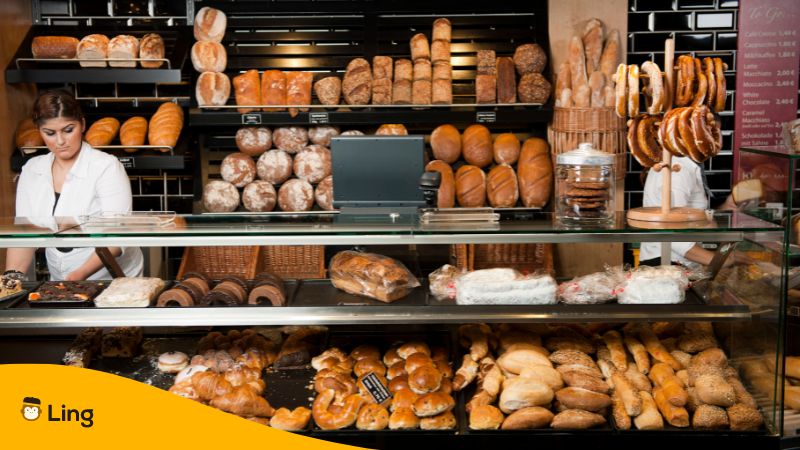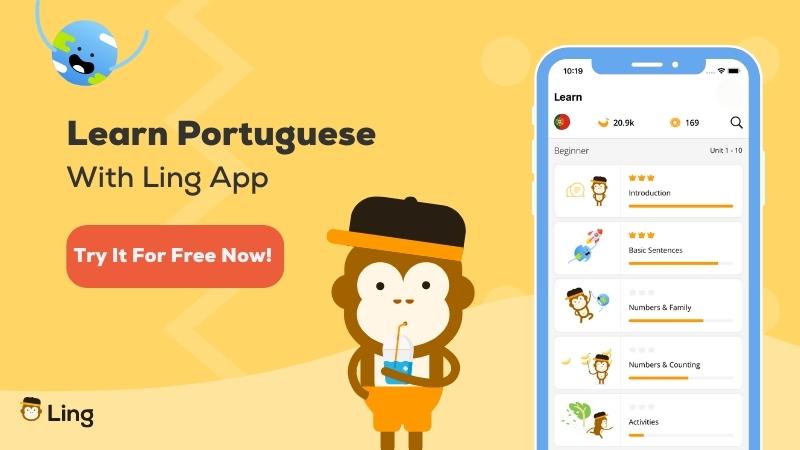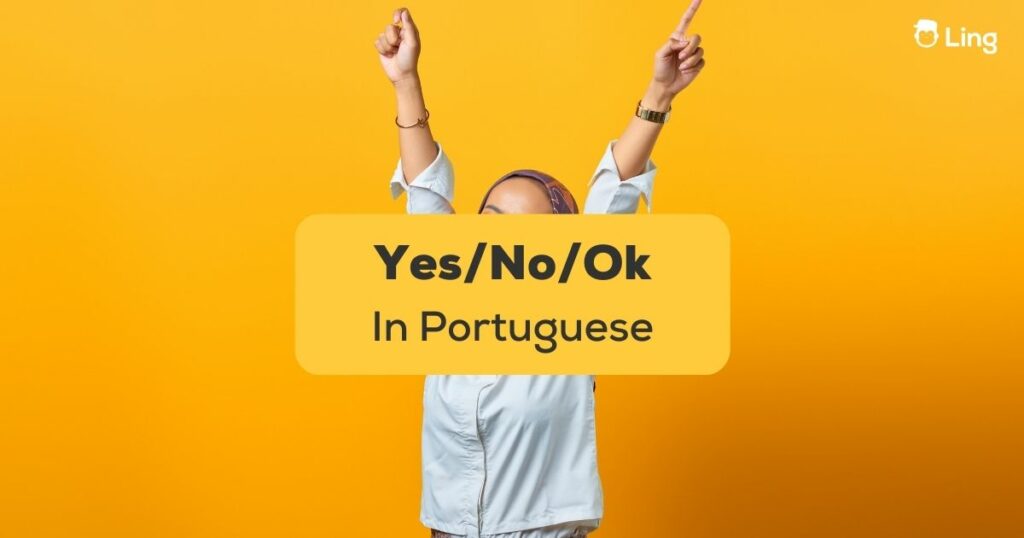You want to learn how to say Yes/No/Ok in Portuguese?
If you’ve reached this article it’s because you either want to visit or move to Portugal, you have some Portuguese friends that you want to impress, or you’re just interested in learning one of the most influential languages in the world. Either way you’ve made the most important step – starting!
Let’s start by me asking you something: can you have a conversation in your native language without using the words “yes”, “no”, “ok”, or any other similar way? The only way is by turning into a mime and starting to shake your head in every direction while you lift your thumb like you are asking for a ride. As you can see, it is almost impossible to have a fluent (and sane) conversation without using these 3 words.

You’re still not convinced? Let me give you a very simple example: imagine you’re in Portugal and you’re going to the bakery to get some delicious locally-made Portuguese bread. As you arrive the waiter asks you if you want bread and your answer is “yes, please”.
You point to the lovely bread you want to take home and devour and the person behind the counter starts to pack a sesame seed loaf that was not what you ordered. Sometimes it happens, and it is at that time that you have to use the sentence “No, not that one!”. 2 words done, one to go!
To go with the warm and tasty slice of heaven called Pão de Mafra that you probably ordered, you ask for an oat milk latte, to which you are answered back “We’re out of oat milk, I’ll use soy milk, ok?”. You reply with a somewhat sad “Ok!”, and by this time you’ve used all these 3 simple words.
As you can see, these words are used frequently in your daily life in Portuguese-speaking countries, but these are not the Holy Grail in Portuguese! There is plenty more to learn, but luckily Ling has a very extensive blog filled with great articles where you can explore more about hot topics to learn Portuguese like funny phrases to sound like a local, basic phrases that will be very useful, or how to say thank you, among many others. If you feel that this is not enough, then read this article until the end because I have a special surprise for you!
For now, let’s dive into the words yes/no/ok in Portuguese, shall we? Vamos!
How To Say Yes In Portuguese
Saying “yes” in Portuguese is quite simple. The word you should use is “sim”, the most common way to express agreement in Portuguese. This word can be used, if someone asks you if you would like a cup of coffee, to which you could say “sim, por favor” (yes, please) to accept the offer. Other ways that you can express this agreement or accordance are:
- Claro – This word means “of course” and is used to sound more friendly and agreeable
- Com certeza – This sentence means “for sure” or “definitely,” and it is used to strongly agree with something in a formal and respectful way.
- Exatamente – This word means “exactly” and is used when you want to confirm that something is correct or accurate.
- Sem dúvida – This sentence means “without a doubt,” and it is another way you can express a very strong agreement with the other person.

How To Say No In Portuguese
Now it is time to be a bit more negative: to say no in Portuguese you use the word “não”. As simple as that! Just like the word “yes” there are also other ways you can express negation with the other person:
- Nem pensar – The best translation to Portuguese for this sentence is “no way,” and it is used to express really strong disagreement.
- Nunca na vida – “Never in life” is the literal translation and I think it says it all.
- Nepia – A very slang word used to disagree in a much more relaxed fashion.
How To Say Ok In Portuguese
This is the easiest one in this article. To say ok in Portuguese you simply say… Ok. There is no translation, except another sentence that can mean almost the same: Está bem. The best translation for this sentence is “alright” however it can also be associated with Ok.
Other Useful Phrases In Portuguese
Example Scenarios – Conversations In Portuguese
You’ve seen how useful these words are in a conversation, however, let me convince you a lit bit more with a few more examples.
| English | Portuguese |
| Person 1: Hello! Person 2: Hi! How are you? Person 1: I’m good. How about you? Person 2: I’m good too. Is this plate of pancakes for you? Person 1: Yes! I’m so hungry! | Person 1: Olá! Person 2: Olá! Como estás? Person 1: Estou bem. E tu? Person 2: Eu também estou bem. Este prato de panquecas é para ti? Person 1: Sim! Estou esfomeado! |
| English | Portuguese |
| Person 1: Are you okay? You seem hurt. Person 2: No. I fell on the sidewalk and hurt my knee. Person 1: Do you want me to call an ambulance? Person 2: Yes please. Thank you. | Person 1: Estás bem? Pareces aleijado. Person 2: Não. Caí no passeio e aleijei-me no joelho. Person 1: Queres que chame uma ambulância? Person 2: Sim por favor. Obrigado. |

Learn More Portuguese With The Ling App
You’re already a winner, and today you learned something new: your first words in the Portuguese language. But why stop there?
The Ling app is a language learning application that is here to help you improve your language skills in over 60 languages from around the world. This application makes the process of learning Portuguese fun and like a game! You’ll enrich vocabulary, improve grammar, and practice pronunciation through games, puzzles, and quizzes that were developed by language experts and native speakers.
The Ling app is available anytime, anywhere, sitting perfectly on your phone for you to access whenever your desire kicks in. Just turn on your phone, connect to the Ling app and start learning!
Learning has never been so easy! Download the Ling app today and join thousands of others on their language-learning journey!






















